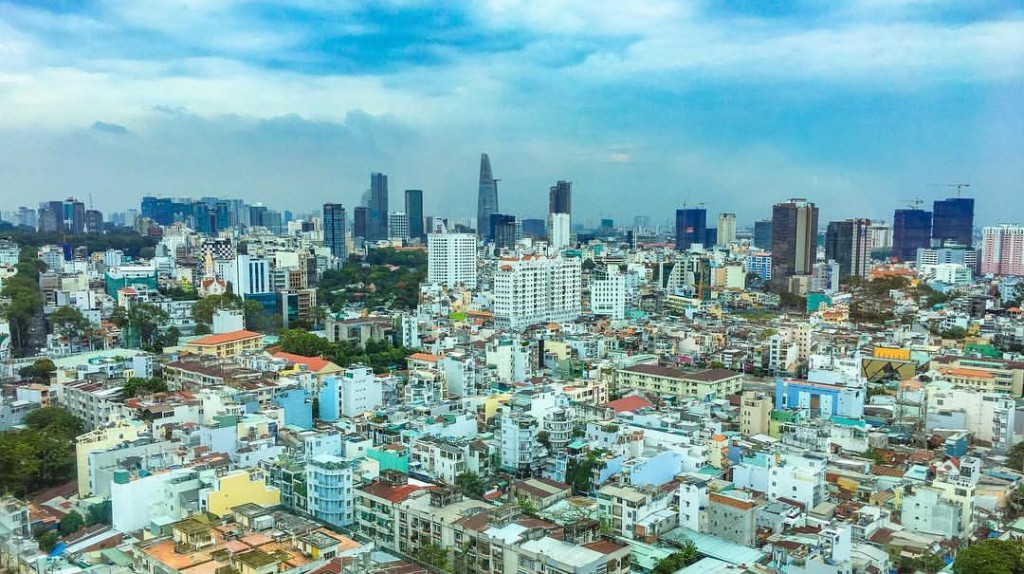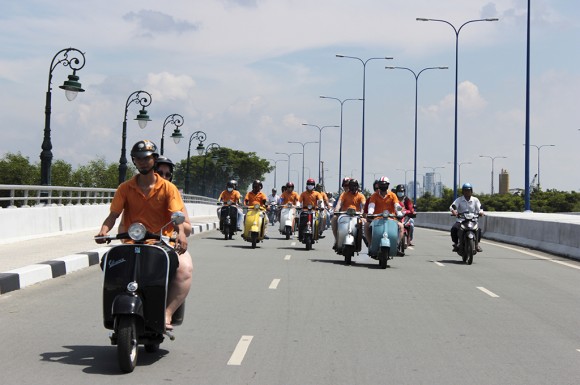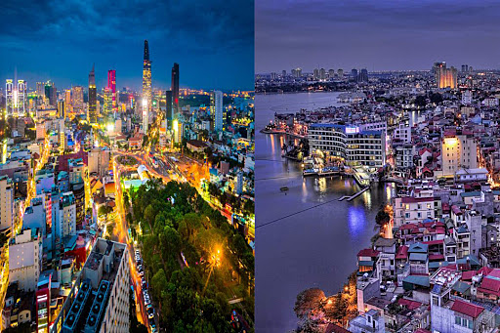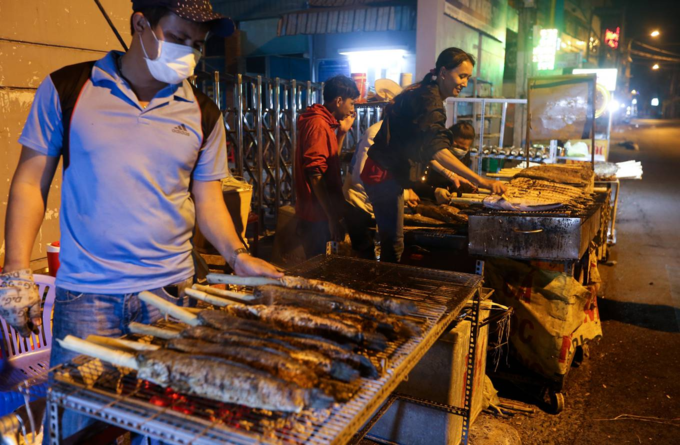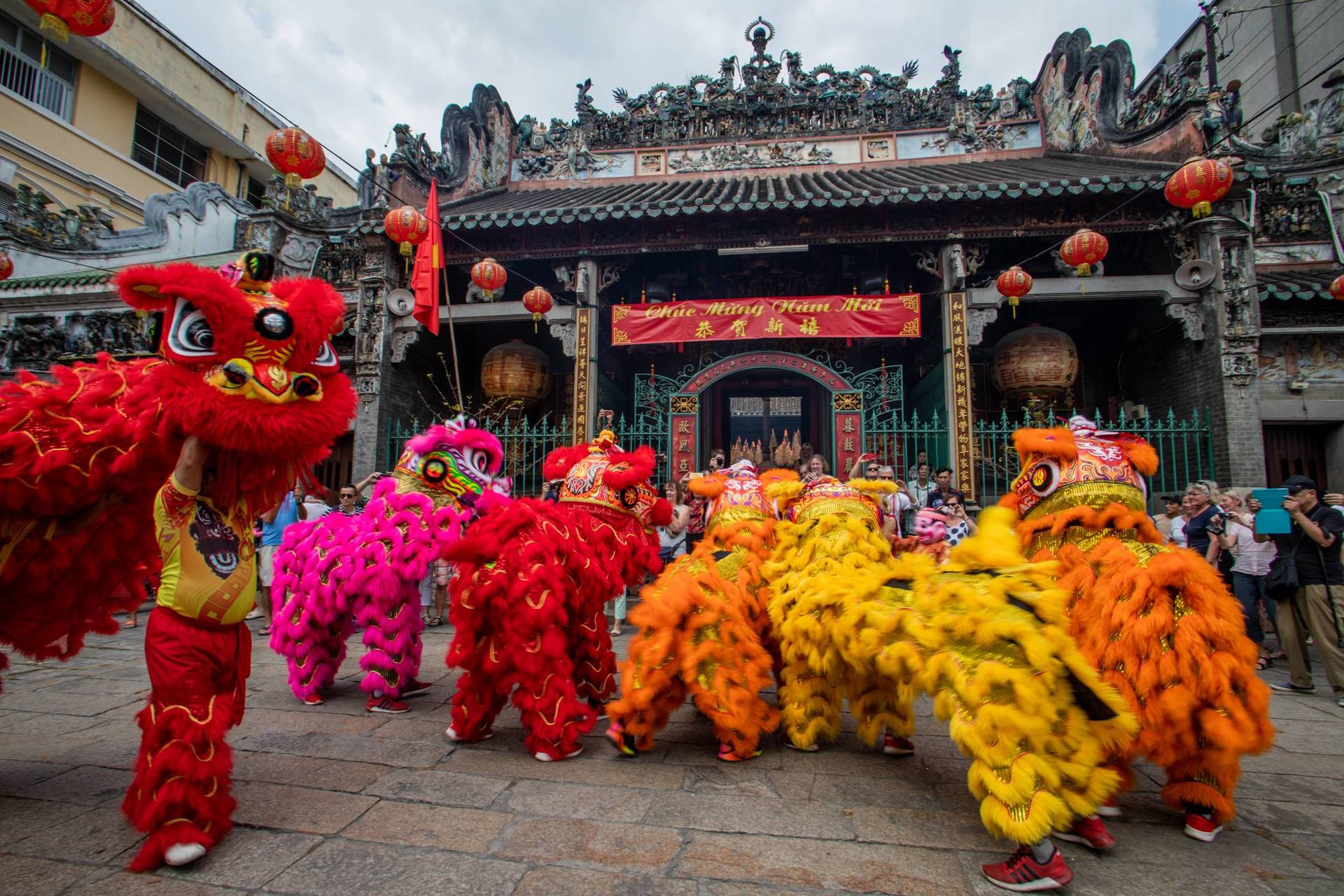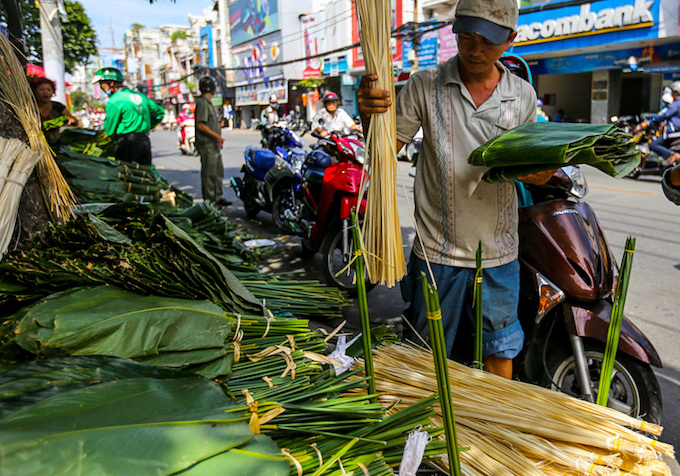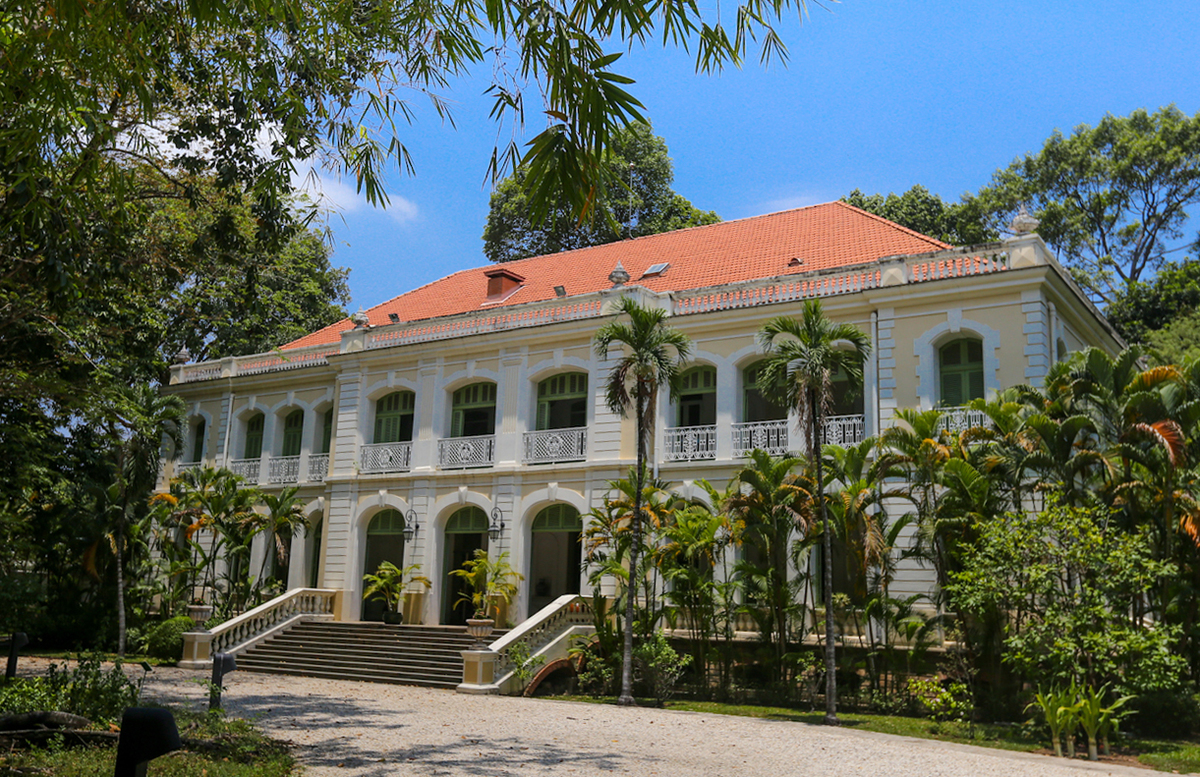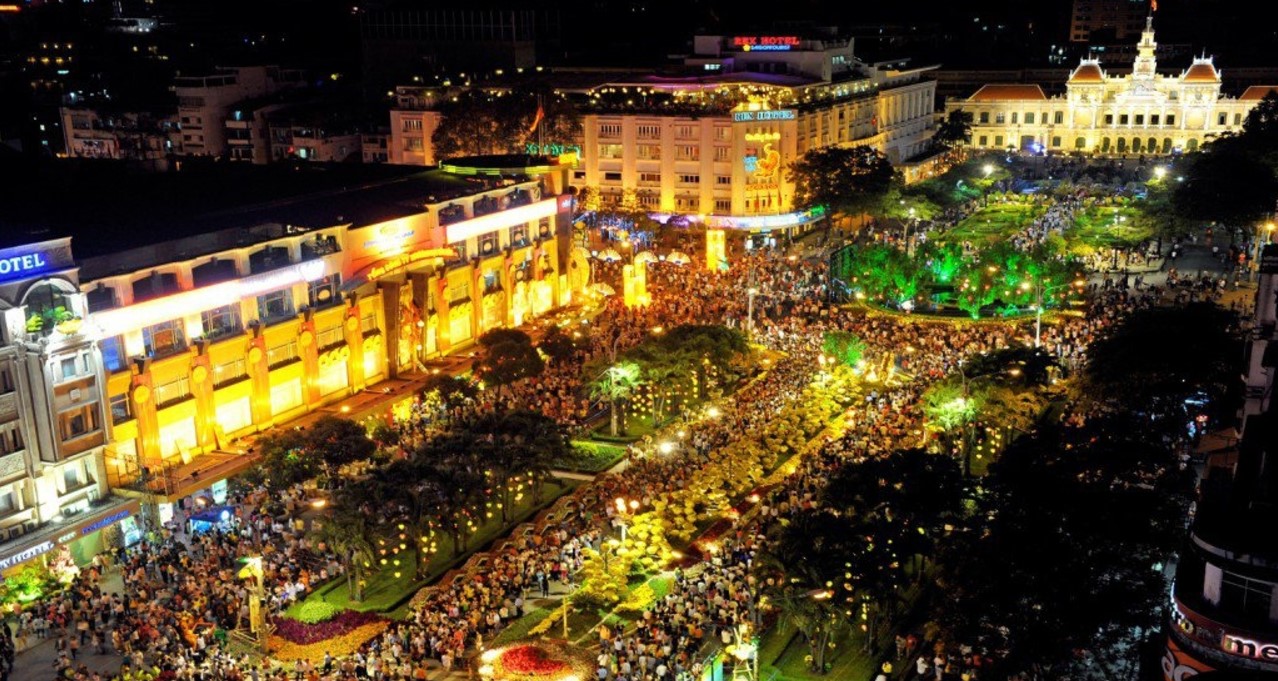Top 5 Useful Tips You Should Know When Coming to Vietnam
Crossing the road
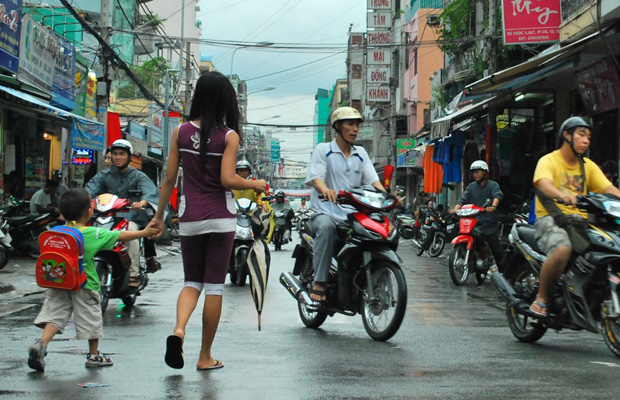
It might seem somewhat silly to write a piece informing adults how to cross the road, but trust me in Vietnam, nothing is straight forward. The roads throughout the country are notoriously busy, in Saigon they are quite frankly mind-blowingly so. It is quite common to see more than a thousand motorbikes sitting at traffic lights waiting for the signal. Then everyone seems to all go at once, it is chaotic, shambolic and seemingly, total madness to the foreigner, yet somehow, it all works.
The traffic lights have counters, counting down to when the lights will go green. Pay no attention to this, as most riders will not have the patience to wait for the green light, and will set off as early as 7 seconds. Once one bike makes a move, everyone follows suit.
The trick to crossing is to watch what the locals do. They rarely cross at lights, but instead will get a hundred yards or so away from any junction. Then they pick a line and simply go for it. I know this sounds like utter madness, but it is really the only way to get across. Such is the intensity of the traffic, there is absolutely no point in waiting, you will be there all day. Don’t look at the drivers directly, just choose you line, raise your hand in the air and stroll across. The bikes will simply go round you. Don’t stop as it throws them completely, just keep your line and speed constant and you will be fine.
It is not for the faint hearted, but once you get used to it, you’ll be fine. I asked a Vietnamese friend once, what the secret was and he replied, “It helps if you are a Buddhist, and avoid eye contact, it freaks them out”. Amusing, but not far wrong.
Exchanging Money
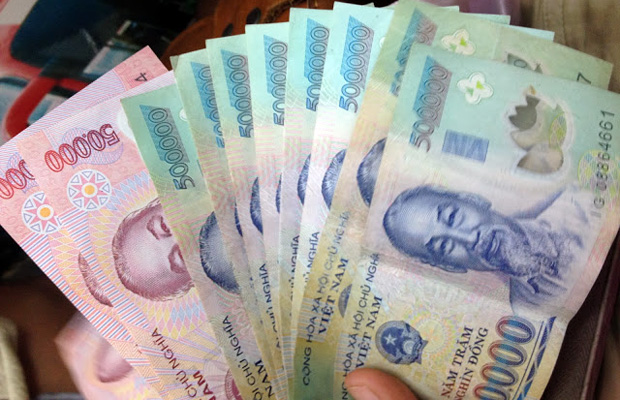
The good thing about the money in Vietnam is that it is linked to the dollar in a way that means the exchange rate varies only minimally. The bad thing of corse is the number of zeros on the notes, something that confuses all new visitors to the country. The largest denomination note is VND500,000 which is only worth about $25.00. The notes are confusing; of that there is no denying. There are notes in the value of 100, 200, 500, 1000, 2000, 5000, 10,000, 20,000, 50,000, 100,000, 200,000 and 500,000. That some of these are also very similar in colour adds to the frustrations of foreign travellers.
The best places to exchange your currency are generally the jewellers shops around Ben Thanh Market. They are fair and offer decent rates. It is worth bearing in mind that if you bring dollars in, you get a better rate for large denomination dollar notes. Similarly with sterling it is the same, though the Euro is not as popular here and many places do not exchange it. The Bureau De Chnage at the airport does. Most hotels will exchange money also but it is worth checking the rates before committing.
Renting or Buying Apartments
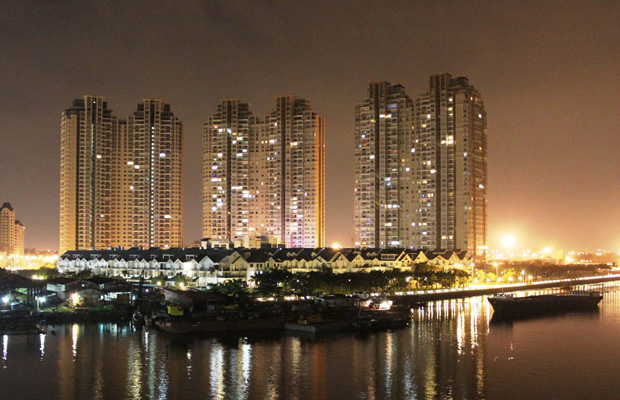
If you are thinking of becoming a long time resident in the country there are many options available for you regarding accommodation. Personally I would always rent over purchasing. Accommodation in Asia is not like in the West. It is never seen as an investment really, unless you wish to buy and sub-let. However the idea of buying and waiting until the place increases in value before selling at a profit is not smart. Don’t hold your breath, the condo or house will never really gain anything. The Vietnamese see housing like transport, second hand is second hand, that is all there is to it.
If you do decide to stay, you will need a long term Visa (see later in this article) and you need to register your stay with the local police. It is just a formality but has to be done. It is always easier if you know and trust a local person to assist with anything here.
Renting is simple. There are many condos, apartments and houses for rent in all districts of the City. Choose the area that suits you, look at local property agents and even supermarket message boards. Find the suitable place, pay two months rent up front as a deposit, your first month in advance and move in.
Buying is more complicated. The first thing you need to do is get a reputable Vietnamese lawyer on board. Since 30th April 1975, the end of the war, nobody is allowed to own land in Vietnam. It is all owned by the citizens of the country. However people can get “User Certificates”, which are in effect long term leases. It is though all a minefield. Planning permission is not like in the West. You could easily buy a beautiful home and within a year find yourself living next door to a motorbike repair shop, slaughterhouse or any other kind of business.
The golden rule is question everything and make sure you get that lawyer.
Opening a bank account
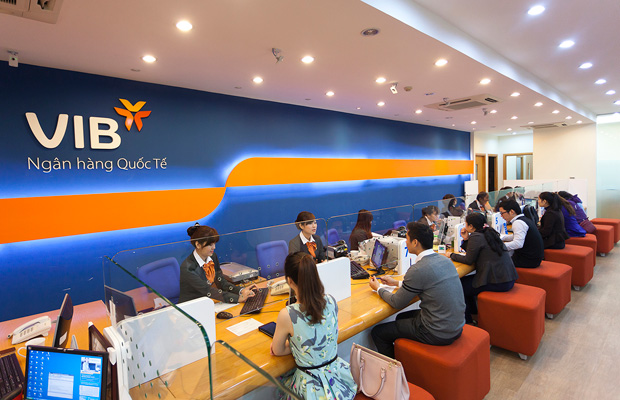
Contrary to popular belief this is a relatively easy process in Vietnam. To open a bank account with many banks, Vietcombank for example, all you need is your passport. You deposit some money, open the account and 12 days later get your ATM card. Banking is good in Vietnam, ATMs are everywhere and for the most part accept all cards with no charge. It is always worth looking at any fees before withdrawing. There are many banks and some of the smaller ones do make a small charge.It is also worth remembering that sending money out of the country is never easy.
Riding a Motorbike
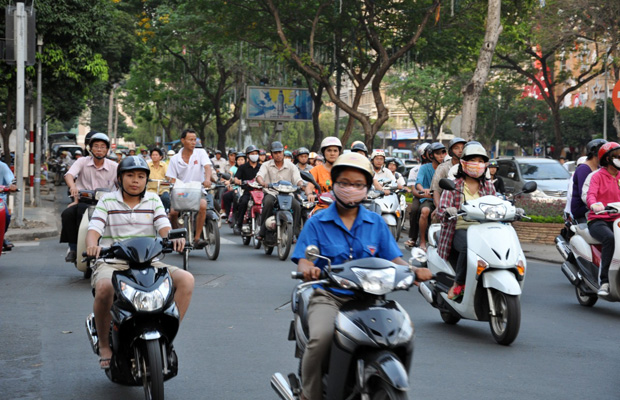
Most people when first arriving in Saigon are completely astonished at the sheer volume of motor bikes. “They must be mad!” is a common first impression. However, give them a few weeks to settle in and they will be thinking about having a go. Within a couple of months and most expats have bought or hired a motorbike and are ready to step out into the brave new world of Saigon’s infamous traffic.
There are a few dos and don’ts that people really should think about. The first and obvious one is get your bike checked out by a registered dealer. Ideally ask someone with experience to recommend a mechanic. Even the main dealers are not guaranteed to do what you ask.
Equally as important is the purchase of a good crash helmet. Most of the ones worn by the locals wouldn’t do you any good if someone hit you with something heavy, never mind the force of a crash sending you into a wall or kerb. Approved helmets can be bought it takes a bit of shopping around. The Saigon Scooter Centre is a good starting point.
When in traffic, it is best to keep well out from the kerb. Most people seek the safety of keeping the kerb in close proximity, but bearing in mind that you are likely to encounter someone coming towards you every few minutes, it’s not a great move. Also people will overtake on both sides of you, even if the gap between you and the kerb is more narrow than their bike!
Do not drive too fast, but just as important do not drive too slow. Moving at the same speed as the traffic, means that less bikes are passing you and you are passing less.
Keep out of the outside lanes. These are reserved for cars and trucks. The police will use this as an excuse to pull you over. If pulled over keep calm, and pay the bribe, sorry fine!
Avoid buses at all costs, they are driven mostly be lunatics. They operate on the premise that they are bigger than you, and they are not scared of proving it.
All this being said. Get a bike and enjoy real Saigon life. For the most part the traffic moves slowly and it is nowhere near as dangerous as it at first appears. Trust me, it’s as easy as falling off a bike.
Source: e.vnexpress.net
